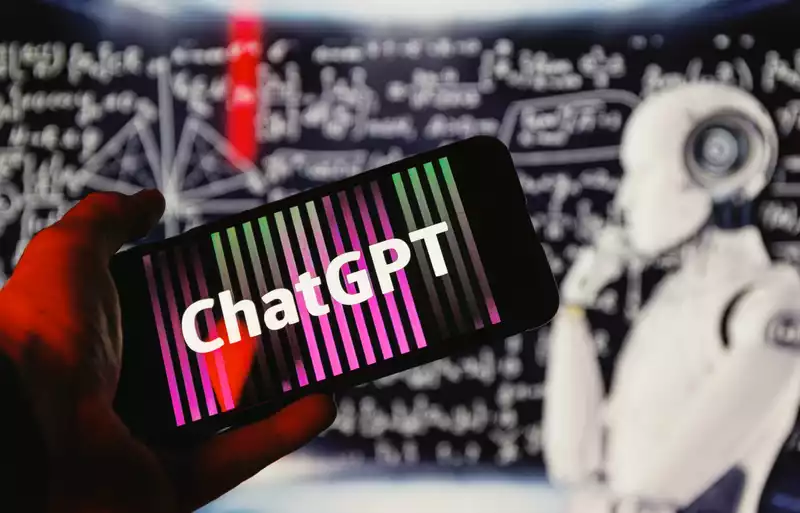A class action lawsuit has been filed in San Francisco federal court against OpenAI, the developer of ChatGPT, alleging that its technology violates the copyrights and privacy of millions of users (via The Washington Post and Bloomberg Law). According to the complaint, ChatGPT's machine learning technology learned from text "copied by OpenAI without consent, credit, or compensation."
Ryan Clarkson, managing partner of Clarkson Law, the firm behind the lawsuit, said his firm wants to represent "real people whose information was stolen and commercially misused to create this very powerful technology." Clarkson also said that "all of that information was never intended to be used by large-scale language models, yet it is being used on a massive scale." Clarkson wants the court to put safeguards on how AI algorithms are trained and for people to be compensated when their work is used.
Two people who believe ChatGPT used their work inappropriately include Massachusetts-based authors Paul Tremblay and Mona Awad (via Reuters). The writers claim that ChatGPT produces "highly accurate" summaries of their work, which they believe proves that their books are listed in ChatGPT's database of scraped material. The lawsuit in question seeks unspecified monetary damages from the copyright owners of the works allegedly used by ChatGPT.
OpenAI claims that ChatGPT is making fair use of the copyrighted material. Katherine Gardner, an intellectual property attorney with the law firm Gunderson Dettmer, stated that fair use "is an open question that will play out in court in the coming months and years." She also noted that "when you post content on social media sites and other sites, you are generally giving them a very broad license to use your content in any way they choose." Gardner said it would be difficult to argue that users are entitled to compensation for the use of their data.
Clarkson told the Washington Post that OpenAI was a "natural first target" for this lawsuit after it launched an "AI arms race." In that sense, this could be the first of many lawsuits to be filed against companies like OpenAI.
Because of the novelty of the situation, it is not clear what the court (or courts) will decide in this lawsuit. Perhaps specific safeguards will be established by law to better ensure that copyrights are not infringed by ChatGPT, Google Bard, and other AI chatbots.










Comments